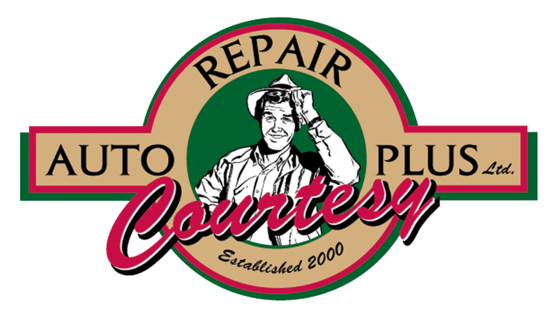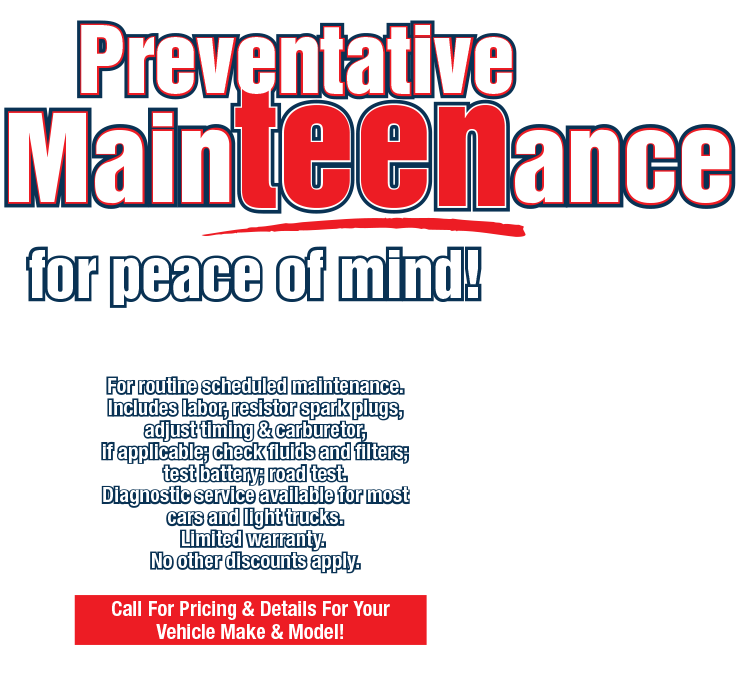Alleviate the Creaks and Squeaks (Chassis Lubrication)
May 28, 2023
If your vehicle creaks and squeaks when you drive down the road, it may mean that some of the metal parts are rubbing against each other and need to be lubricated. Those could be parts of the suspension, steering system and the drivetrain.
Years ago, most vehicles had to have their chassis (what you think of as the frame) regularly lubricated. Newer vehicles are made with what some call "lifetime lubrication," but there are still parts of the chassis that need to be maintained with lubricants. Your service advisor can help you know when that needs to be done.
In your owner's manual, the vehicle's manufacturer lists components that need regular maintenance. Things like u-joints, steering joints, sway bars, bushings and joints in the suspension. Some of them may have that "lifetime lubrication," while others may not. When you bring your vehicle in for service, a technician will look for any parts that have grease fittings. They will inspect these components, clean the fittings so dirt and other contaminants won't be forced into the part and then lubricate them with a lubricant that meets the manufacturer's specifications.
Sometimes a chassis lubrication is done at the same time as an oil change. That's also an ideal time for the technician to check other parts of your vehicle that may need attention. That could include greasing other parts such as the fuel door, trunk and door hinges, suspension springs and door latches.
Times have changed since the days when a "lube" job was synonymous with an oil change. Depend on your owner's manual and advice from your service advisor to know when "grease" is the word—and appropriate for your vehicle.
Courtesy Auto Repair Plus
967 Bon Air Ave
Tiffin, Ohio 44883
419-443-0797
http://www.courtesyautorepairplus.com
More articles from Courtesy Auto Repair Plus

No Charge (Why Won?t My Battery Hold a Charge?)
February 15, 2026
When your vehicles battery is dead, it leaves you with that horrible, helpless feeling. A dead battery means it wont hold a charge, and there are several reasons it wont. One is age. Batteries have chemical and electrical systems in them that create power, and as time goes by, they wont work we... More

Reaching the Braking Point (Brake hose replacement)
February 8, 2026
If you notice your brakes arent working like they used to, thats the kind of thing thats important to have checked out soon. Thats because your brakes are extraordinarily important to the safe operation of your vehicle. Sometimes you feel like your brake pedal is feeling a little soft or its lo... More

No Fuel-ing! (Fuel Filter Replacement)
February 1, 2026
Your vehicle has a few filters you might be somewhat familiar with. Theres the oil filter that removes impurities from your engines oil, and a couple of different kinds of air filters that prevent contaminants from getting into the engine and the cabin. But you may not know that your vehicle als... More







